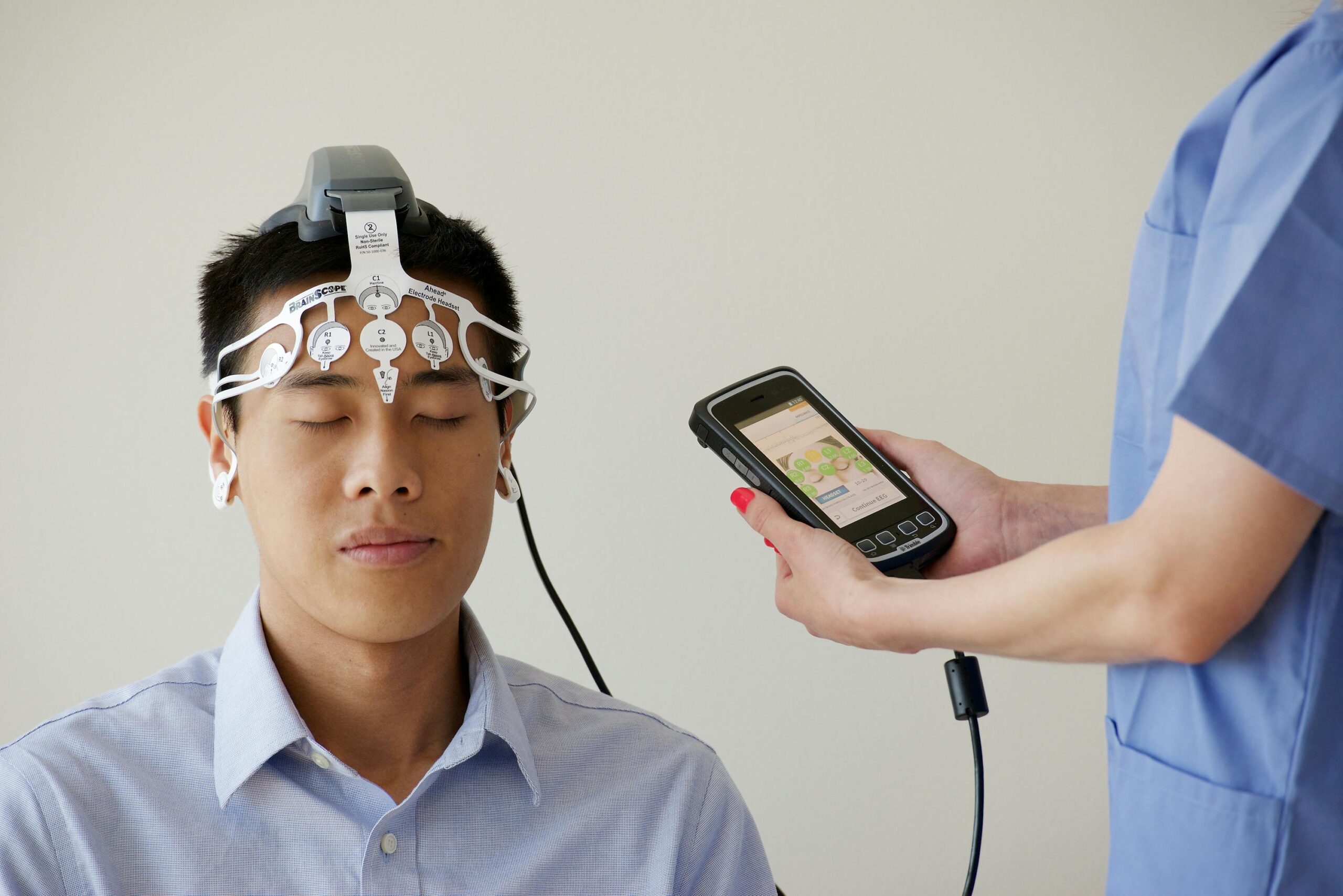The Importance of Participating in Clinical Trials: Advancing Medicine and Empowering Patients
Clinical trials are the backbone of modern medical advancements, playing a pivotal role in discovering new treatments, improving existing therapies, and enhancing our understanding of various diseases. Yet, despite their critical importance, many people remain unaware of what clinical trials entail and the significant benefits they offer. This article aims to shed light on why participating in clinical trials is not only beneficial for the broader medical community but also empowering for patients themselves.
1. Contributing to Medical Advancements
One of the most compelling reasons to participate in clinical trials is the opportunity to contribute to medical advancements. Clinical trials are essential for testing the safety and effectiveness of new drugs, therapies, and medical devices. Every medication or treatment available today has undergone rigorous testing through clinical trials. By participating, individuals can be part of groundbreaking research that could lead to the development of new, life-saving treatments. This contribution is invaluable, as it helps pave the way for future medical breakthroughs that can benefit countless people worldwide.
2. Access to Cutting-Edge Treatments
Participants in clinical trials often gain access to new treatments before they are widely available. These treatments may be more effective than current standard therapies. For patients with conditions that have limited treatment options, clinical trials can provide hope and potential alternatives that they might not otherwise have access to. This access to innovative therapies can be particularly crucial for patients with serious or life-threatening illnesses, offering them new avenues of care and management.
3. Comprehensive Medical Care
During a clinical trial, participants receive careful and continuous medical attention from a dedicated team of healthcare professionals. This includes regular monitoring, detailed health assessments, and personalized care plans. The high level of medical oversight can lead to a better understanding of one’s health condition and more tailored treatment approaches. Participants often benefit from the comprehensive care provided during the trial, which can enhance their overall healthcare experience.
4. Empowerment Through Knowledge
Being part of a clinical trial can be an empowering experience for patients. It provides an opportunity to learn more about their health condition, the science behind their treatment, and the research process. Participants often report feeling a sense of empowerment from contributing to the advancement of medical knowledge and from being actively involved in their healthcare decisions. This involvement can foster a deeper understanding and a proactive approach to managing one’s health.
5. Helping Future Generations
Participation in clinical trials is a way to give back to the community and help future generations. The data and insights gained from clinical trials are essential for developing treatments that could benefit not just current patients but also future ones. By volunteering for a clinical trial, individuals contribute to a legacy of scientific knowledge that helps improve healthcare for everyone. This altruistic aspect is a powerful motivator for many participants who wish to make a positive impact on society.
6. Financial Compensation and Support
Many clinical trials offer financial compensation for participants’ time and travel expenses. While the primary motivation for participation should ideally be the advancement of science and personal health benefits, financial incentives can be a practical consideration. This support can help offset any costs associated with participating in the trial, making it more accessible for individuals from diverse economic backgrounds.
7. Addressing Misconceptions and Building Trust
It is important to address and dispel common misconceptions about clinical trials. Many people fear the unknown or have concerns about safety and side effects. Clinical trials are conducted under strict ethical and regulatory standards to ensure participant safety. Before a trial begins, it undergoes thorough review and approval by regulatory authorities and ethics committees. Participants are fully informed about the trial’s purpose, procedures, risks, and benefits through an informed consent process, ensuring transparency and trust.
Conclusion
Participating in clinical trials is a vital and rewarding endeavor that contributes significantly to medical research and patient care. It offers individuals the chance to access new treatments, receive comprehensive medical care, and play a crucial role in advancing scientific knowledge. By choosing to participate, individuals can empower themselves and help shape the future of medicine, providing hope and healing for countless others. If you are considering participating in a clinical trial, we encourage you to speak with your healthcare provider and explore the opportunities available. Your participation could make a world of difference.
For more information about clinical trials and how to get involved, visit our Clinical Trials University website and become part of the journey to better health and medical innovation.

